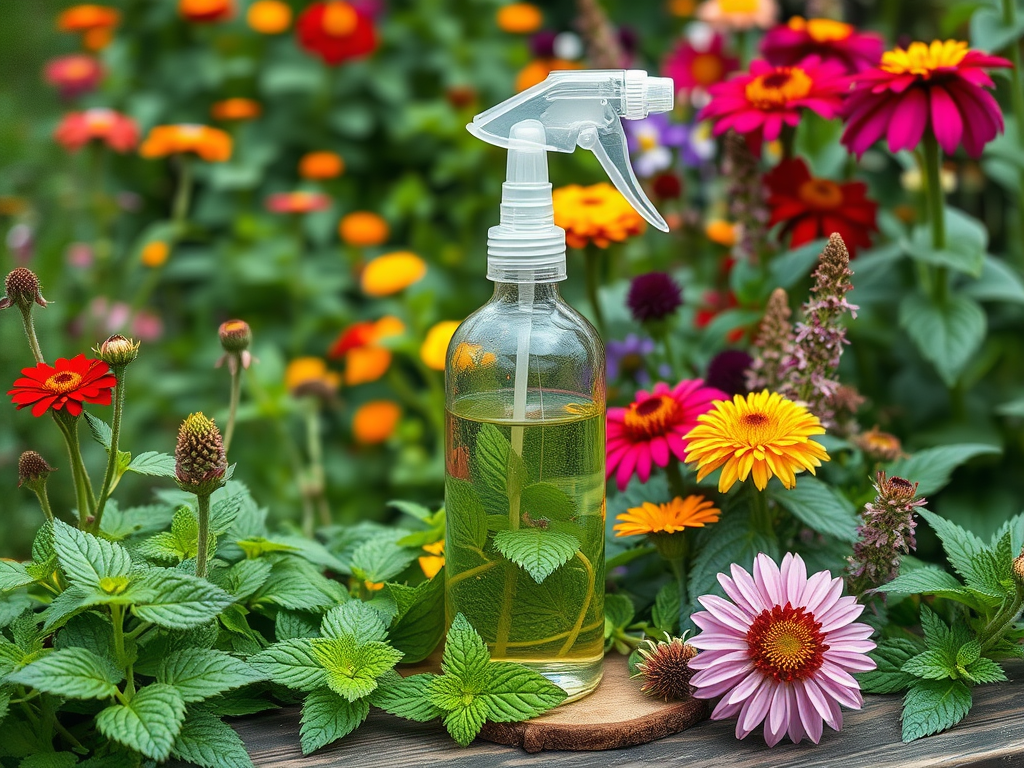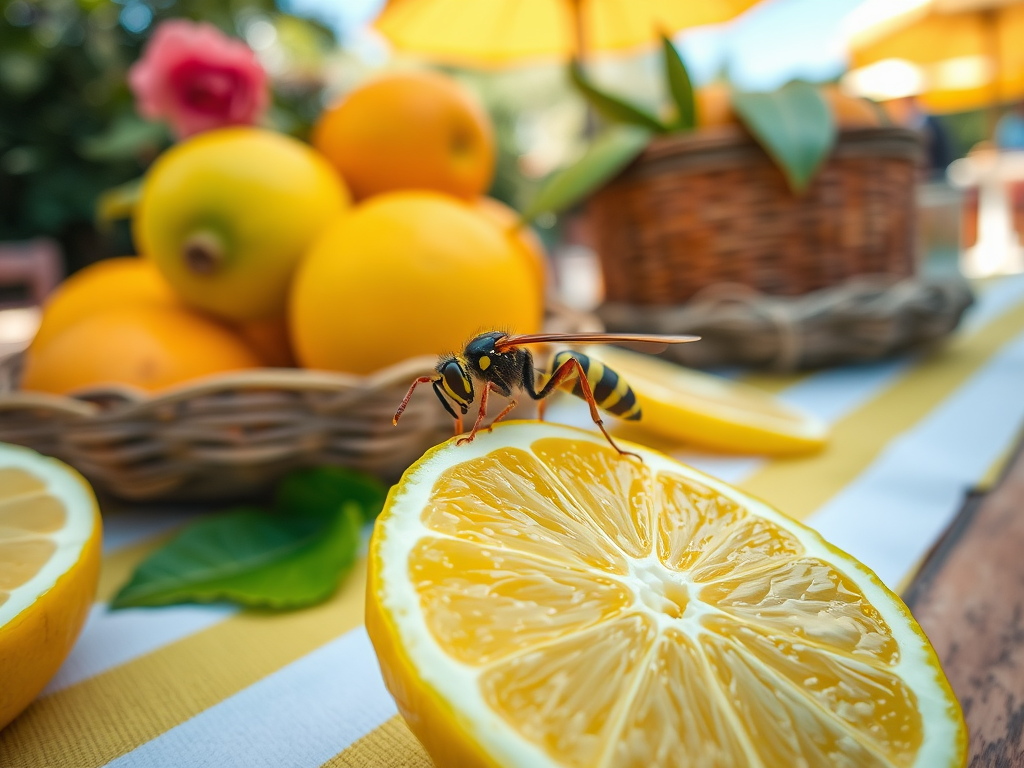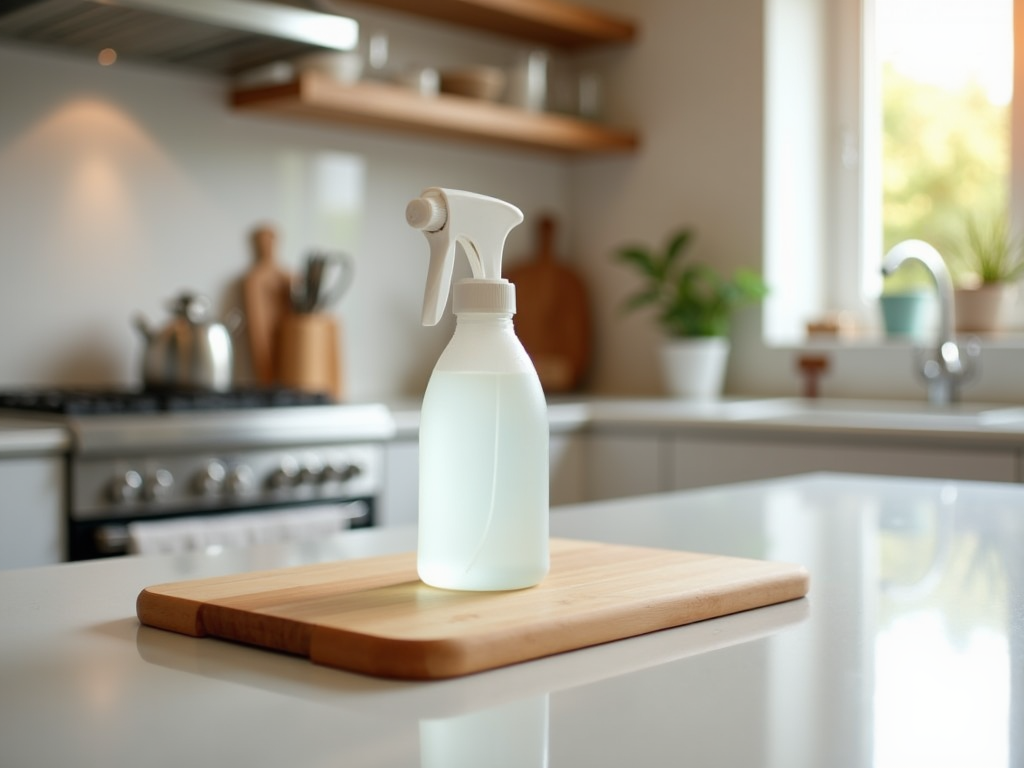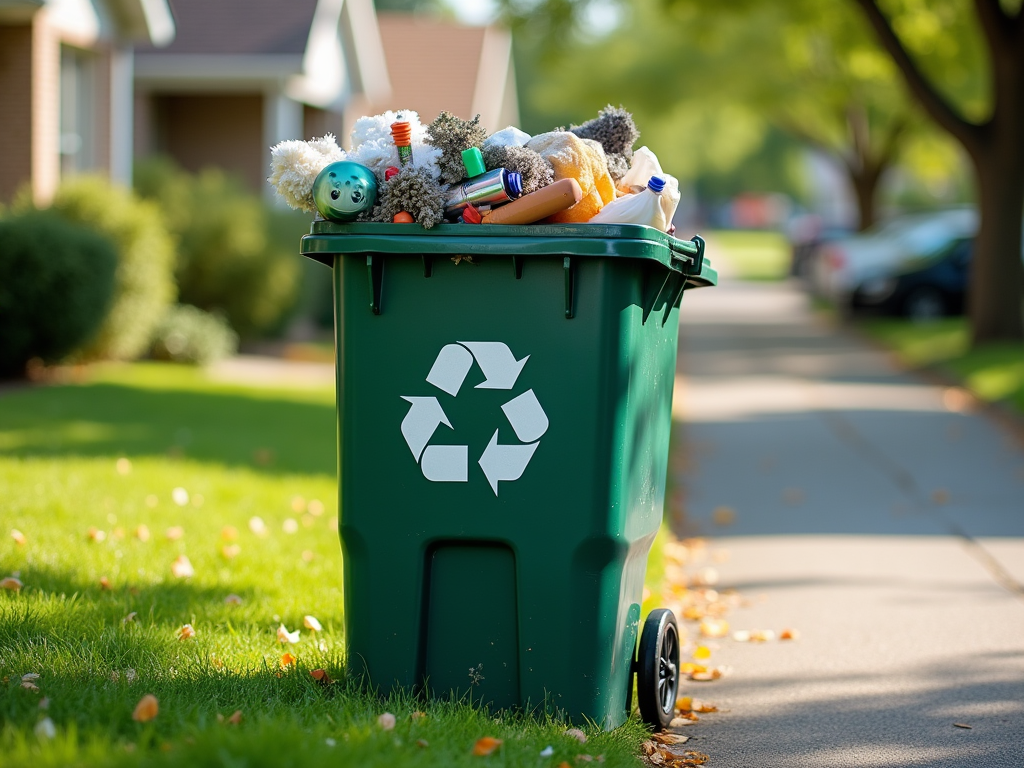As you step into a vibrant garden or enjoy a picnic under the sun, the last thing you want is a swarm of wasps crashing your outdoor events. Wasps, with their aggressive demeanor and alarming stings, can turn a pleasant day into a moment of panic. But what if you could keep these winged troublemakers at bay by understanding their behavior, particularly their sensory experiences? In this article, we delve into the intriguing world of wasps, uncovering how they perceive the world around them, focusing specifically on one of their key senses: smell.
Understanding wasp behavior is crucial not just for managing outdoor spaces but also for ensuring safety. These insects are not mere nuisances; they play important roles in ecosystems as pollinators and natural pest controllers. Yet, their unpredictable nature urges caution. Through the lens of their olfactory responses, we can explore effective, natural methods to deter them, enriching your outdoor adventures without the worry of unwanted stings. Let’s embark on this exploration and learn how specific scents can dissuade wasps from encroaching on your space.
The Nature of Wasps

Wasps belong to a diverse group of insects found in various environments worldwide. Unlike bees, which are often praised for their honey production, wasps can sometimes be regarded as antagonists due to their painful stings and aggressive behavior when threatened. They typically build nests in trees, shrubs, and eaves, showcasing a range of colors and sizes, depending on the species. Common types include yellow jackets, paper wasps, and hornets, each with unique traits and habits.
Wasps are social insects, often living in colonies that can number in the thousands. Their social structure is intricate, with a queen at the helm, responsible for reproduction, and worker wasps that carry out various tasks, including foraging for food and building nests. As highly organized creatures, their behavior is also influenced by environmental factors, including seasonal changes. Understanding these characteristics lays the groundwork for effective management and deterrence strategies.
How Smells Affect Wasp Behavior

Smell plays an integral role in wasp communication and behavior. With sensitive antennas equipped for detecting scents, wasps rely on their olfactory abilities to convey information about food sources, threats, and mates. Studies suggest that certain chemical compounds emitted by flowers or other sources can attract wasps, while others can deter them. For instance, they often avoid areas with strong, pungent odors, which signals danger or discomfort.
This intricate web of sensory perception influences not just their attraction to food but also their territoriality. When wasps perceive distressing or unfamiliar smells, it can trigger defensive behaviors, prompting them to steer clear of those zones. By leveraging this sensory information, we can explore a range of scents that might help keep these insects at bay while allowing us to enjoy our outdoor experiences peacefully.
Common Scents That Deter Wasps
There are several scents that have shown effectiveness in deterring wasps. Here’s a concise list of natural options:
- Essential Oils: Certain essential oils have properties that repel wasps. Popular choices include mint, clove, and eucalyptus.
- Vinegar: The strong, sour smell of vinegar is unappealing to wasps, making it an excellent natural deterrent.
- Citrus Scents: Lemons, oranges, and other citrus fruits emit fragrances that are known to repel these insects.
To understand the effectiveness of these scents better, here’s a small table that illustrates potential deterrent scents along with their sources and suggested applications:
| Deterrent Scent | Source | Application Method |
|---|---|---|
| Essential Oils | Peppermint, Clove, Eucalyptus | Mix with water and spritz around outdoor areas. |
| Vinegar | White Vinegar or Apple Cider | Soak cotton balls in vinegar and place them around. |
| Citrus | Natural Citrus Peels | Place peels or use citrus oil around outdoor areas. |
DIY Wasp Deterrents Using Smells
Creating your own wasp-repelling concoctions can be a fun and effective way to manage these pests. Here are some recipes for DIY wasp deterrents using common household items:
- Peppermint Oil Spray: Mix 10 drops of peppermint essential oil with 1 cup of water in a spray bottle. Shake well and spray around porch areas and entry points.
- Vinegar Trap: Combine equal parts water and vinegar in a bowl, and place it outside to lure and trap wasps.
- Citrus Infusion: Boil orange or lemon peels in water, let them cool, and then use the liquid to spray areas frequented by wasps.
The Science Behind Wasp Deterrence
Research has explored the chemical interactions between wasps and the scents they encounter. Certain compounds in essential oils can interfere with the wasps’ olfactory receptors, making it difficult for them to locate food or navigate their surroundings. Studies show that natural repellents can help reduce wasp presence in target areas significantly. This reliance on sensory input emphasizes the potential of using scent-based deterrents effectively.
Additionally, maintaining a clean environment by removing food sources and waste can further enhance the efficacy of these smells in keeping wasps away. While more research is needed to fully understand the depths of wasp behavior and scent interaction, the existing studies affirm the value of these natural deterrents for practical use.
Conclusion
Understanding wasp behavior through the lens of scent provides valuable insights for managing interactions with these insects. By utilizing natural deterrents such as peppermint, vinegar, and citrus, you can enjoy your outdoor spaces with less fear of aggressive stings. The power of smell not only deters wasps but also enhances your environment, allowing you to reclaim your time outdoors. Whether you’re hosting a picnic, gardening, or simply relaxing, these methods can cultivate a safer experience.
Frequently Asked Questions
- What scents are most effective against wasps? Citrus, peppermint, and vinegar are particularly effective.
- Can I use essential oils to repel wasps? Yes, certain essential oils like clove and peppermint serve as natural repellents.
- Are there any scents to avoid that may attract wasps? Sweet or sugary scents, such as fruits or sugary drinks, can attract wasps.
- How often should I apply wasp deterrents? It’s best to reapply deterrents regularly, especially after rain or heavy use of outdoor spaces.
- Do wasps have any natural predators that also affect their behavior? Yes, birds and some insects are natural predators that can influence wasp behavior in their environment.



